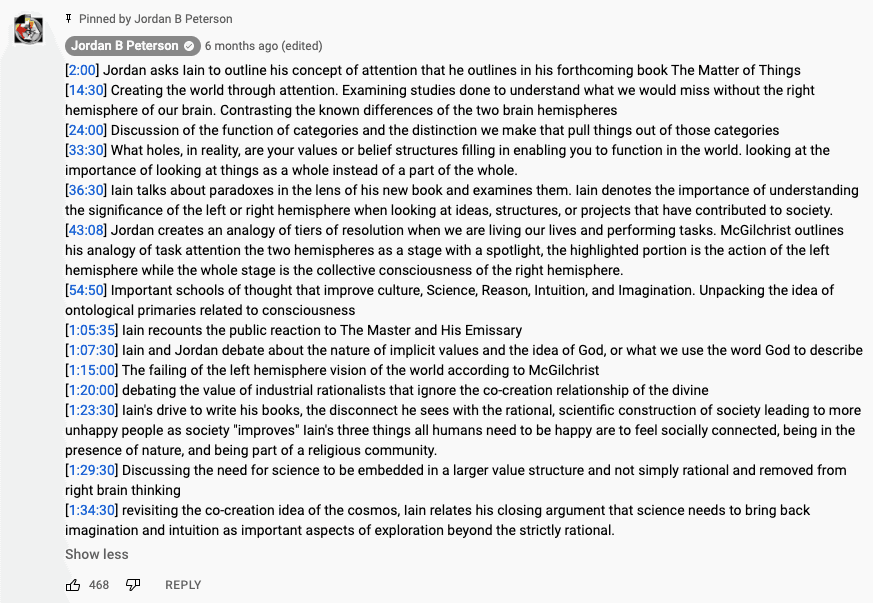🧵 View Thread
🧵 Thread (13 tweets)

The more I read about the hemispheric model of the brain, the more difficult I find it to talk or even think about Alexander Technique *without* referencing the different ways the left and right hemispheres attend to the world. It’s an exciting and I think novel line of inquiry.

I’m now sitting with the fact that it’s the right hemisphere that provides depth perception, passage of time, sense of motion and ‘experience of moments as a flow, not as sequential snapshots’, all of which are subjectively enhanced through the practice of Alexander Technique.

This would explain my very strong experience after my first lesson, where the world had a sense of depth, fluidity and vibrancy unlike any I had ever had before. The fact that this transmissible in a short time and via touch (and, I’m finding, online) is astonishing

At the same time it took Iain McGilchrist hundreds of pages to adequately describe the features of the two hemispheres… If I’m going to lean on that stuff to investigate Alexander Technique I’m going to need to write a lot of words myself to lay those foundations

@m_ashcroft I think he was writing very defensively tbh. comes with the territory of being from oxford and all that. get him a beer and on an off-the-record podcast for about 2-3 hours and I bet you could compress it down to ~50-100 pages

@m_ashcroft looks like he did one with jordan peterson https://t.co/F8A8dBsDNR


@m_ashcroft Iain: "attention... is a a disposition of one's consciousness. attention is how you dispose your consciousness towards the world. the most fundamental difference between the hemispheres is their way of attending."

@visakanv Yeah he’s much easier to follow in the many interviews he’s done - I’ve listened to like 10 of them, I suspect I do need to do the work of summarising the key big picture narrative otherwise people get bogged down in the details

Just to be clear, I am not wedded to McGilchrist’s model. It currently fits well with my experience, but if something else comes along that is better, or McGilchrist is proven wrong, that’s fine and good. I’m interested in what is true, not what is convenient or that sounds good.